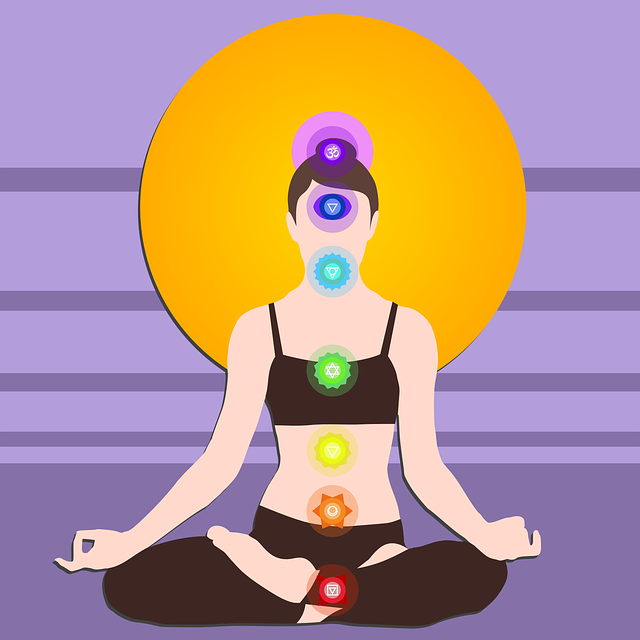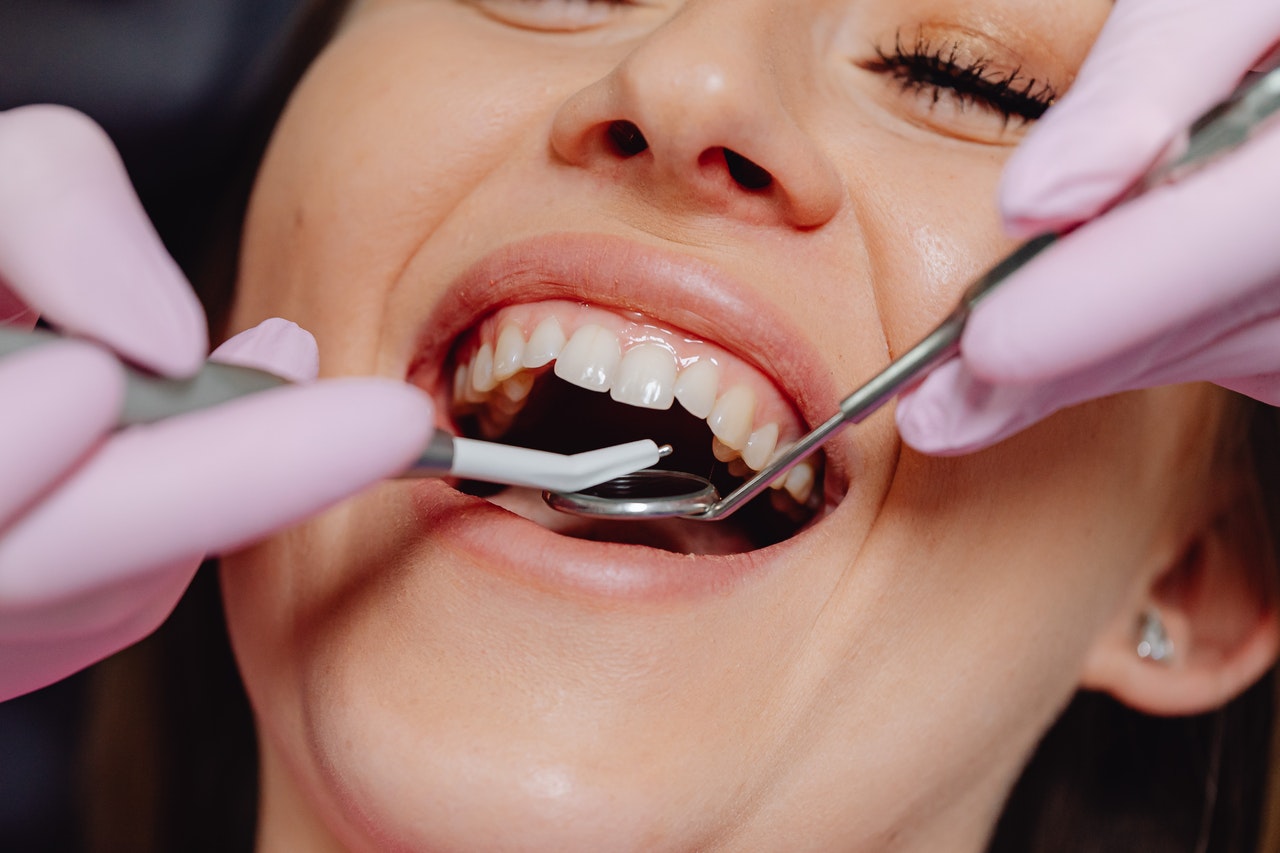Many factors can lead to substance use and drug or alcohol addiction. However, any addiction can be treated with the help of certain medicines and therapies. But for most people, overcoming an addiction to alcohol, drugs, or any other substance abuse needs a program for detoxification followed by rehabilitation. However, addiction does affect the body and throws an impact on a person’s mental, spiritual, and physical health.
Besides various treatment plans and therapies, a holistic addiction treatment plan can often lead to reinforced recovery and reduced relapse risk. A holistic treatment plan can offer more comprehensive treatment for individuals because it considers all mental meditation and calming influences. Let’s take a closer look to understand holistic therapy or addiction.
What is Holistic Therapy?
Holistic therapy in substance or addiction recovery is crafted to complement the existing medical and clinical recovery process. Holistic treatment will include massage, an excellent nutritional and balanced diet, and reiki to facilitate emotional, physical, and mental wellbeing.
Holistic therapy focuses on an individual’s overall wellbeing while also treating physical symptoms of addiction and withdrawal. The holistic programming is used to aid in the recovery process and promote better wellbeing. In addition to reducing cravings, some holistic approaches have been shown to relieve physical discomfort and pain. The treatment centers providing holistic therapy use exercise, meditation, and nutrition to overcome their addiction.
Holistic therapies may include the following techniques-
- Yoga
- Tai chi
- Massage therapy
- Acupuncture
- Routine exercise
- Reiki
- Ayurveda medicine
- Herbal medicine
- Guided meditation
- Chiropractic care
- Art therapy
- Counseling
Source: https://pixabay.com/vectors/chakras-yoga-meditation-silhouette-4181990/
Benefits of holistic addiction treatment:
Holistic therapy can benefit in many different ways. The use of holistic therapy such as acupuncture can be helpful when used during detox as it helps to reduce the severity of withdrawal symptoms. It can also help to improve sleep quality and reduce anxiety levels.
Holistic therapies such as mindfulness, meditation, and hypnosis help develop a heightened state of awareness. Massage therapy is used to relax the mind and body and allow patients to deal with physical symptoms.
Exercise and nutrition also play a vital role in holistic rehab. Many addicts neglect these areas and do not know how a healthy diet and exercise program can aid their recovery.
Mindfulness also offers such activities as tai chi and yoga, which can improve both the mind and body. Studies have concluded that those who learn how to practice discipline will find it easier to adapt to a substance-free life after rehab.
Holistic Therapy for Addiction Treatment:
Holistic therapy programs include personalized and non-medical methods for addiction recovery. Holistic therapy treats physical and mental addiction symptoms along with emotional imbalances.
Poor sleep, poor diet, and emotional stress are all potential hurdles holistic therapy might help a recovering addict treat. Some of the significant objectives of holistic treatment include the following-
- Identifying underlying causes of addiction
- Strengthening resistance to cravings
- Promoting physical fitness
- Increased self-confidence
- Reducing the appeal for drug and alcohol use
Types of Holistic Addiction Therapies:
Holistic therapy comprises several different aspects of healthy living, from exercise to meditation.
However, some of the primary therapies include-
-
Nutritional therapy-
A healthy body is a crucial aspect of addiction recovery. Helping recovering addicts aim at proper nutrition provides natural healing. Recovering people can start fresh and give their bodies the food they need to overcome their addiction.
-
Exercise and recreational therapy-
Regular exercise can help to build a routine, reduce stress, and to strengthen the body. Exercise is an integral part of many holistic treatment centers. However, activities may vary from center to center, but some also offer rock climbing, hiking, and horseback riding.
-
Meditation-
To recover from addiction, recovering addicts must have a clear mind. Guided meditation is an integral part of holistic treatment programs. Many centers provide yoga as a meditative practice to help people increase focus and clarity of mind.
-
Massage and acupuncture-
Massage and acupuncture technique helps to reduce stress and relax the body. Massage and acupuncture used in holistic treatment therapy help restore balance to an addict’s body after substance use.
Alternative therapies included in a recovery center:
Holistic rehab centers provide a range of practices to improve mental and physical health, which consists of the following-
- Talking therapies like cognitive behavioral therapy identify how your thoughts and emotions impact your behavior.
- Conditional drugs treat detoxification and support the transition from substance abuse to recovery.
- Full rehabilitation to ensure that all harmful substances have leftover your body.
How long do holistic addiction treatment plans last?
Holistic addiction centers offer various treatment plans beyond the residential recovery period because they are designed to facilitate lifelong recovery. However, with medical treatment like detoxification, these processes can last from 48 hours to ten weeks, depending on the addiction’s severity.
The holistic treatment plans that include the detoxification process might last 30 days, 60 days, or even for a more extended period depending on the person’s individual need.















